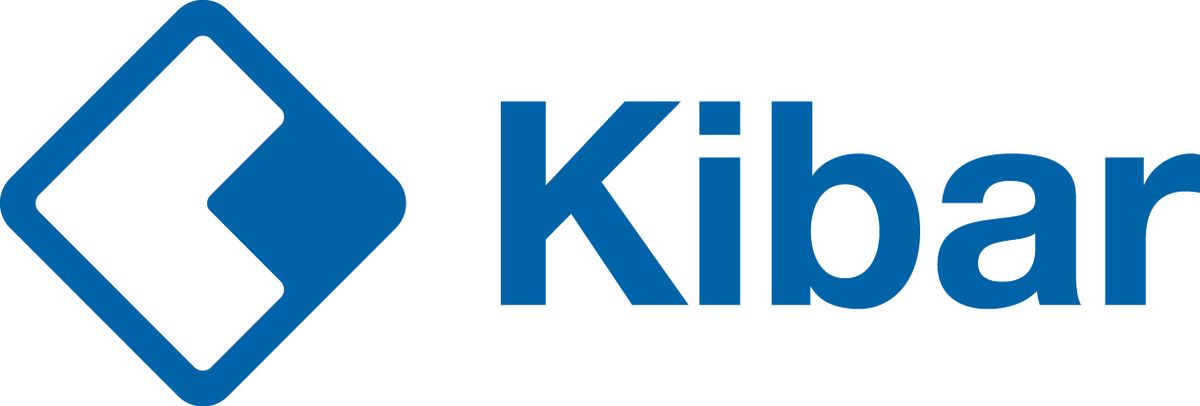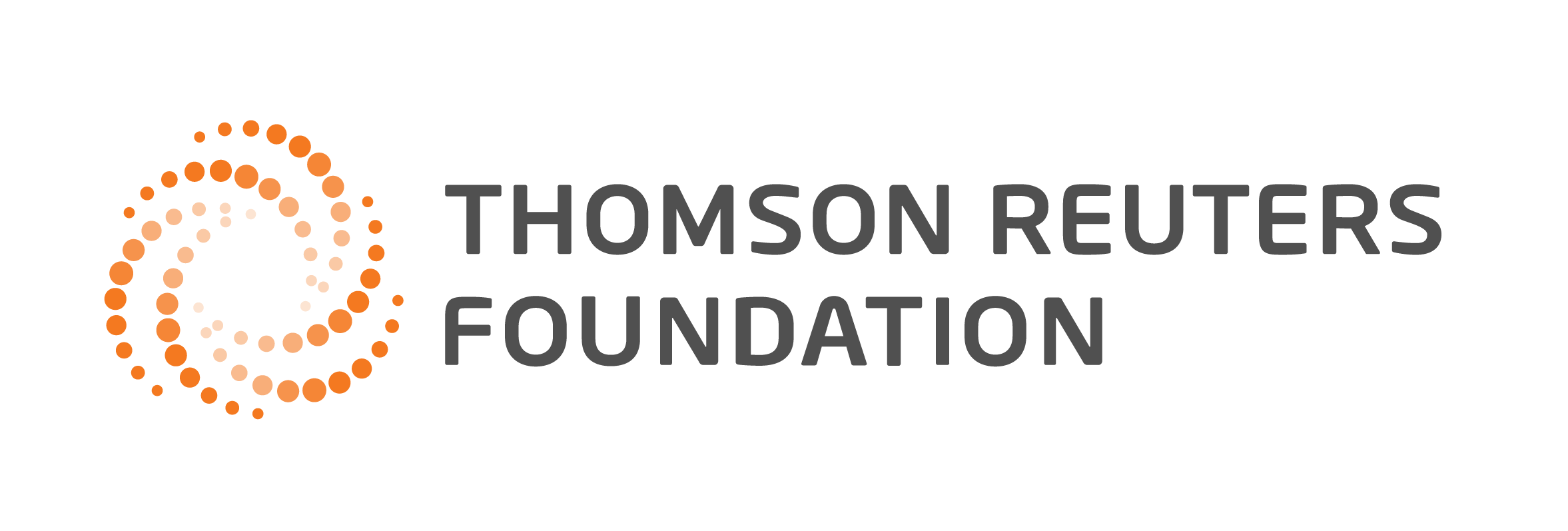So far we have assisted over 400 companies.








In this article, we will explain the entire process related to tenders in Europe, guidelines that must be met by the company and types of management. We will also introduce organizations related to tendering projects and applications in the EU.
A call for tenders is a method used by European Institutions to procure a wide range of goods, services, or activities in support of EU goals. Every year, various contracts are issued through calls for tenders (public procurement procedures), ranging from office furniture supply to translation services and building maintenance. These tenders result in the awarding of a public contract. The regulations governing bids have been carefully established to ensure that all economic operators compete on a fair playing field and that the winning contract provides the best value for money to EU taxpayers.
The EU also seeks to ensure that its purchasing power encourages a competitive market economy taking into account people’s well-being and social needs, as well as being environmentally conscious.
So far we have assisted over 400 companies.







Contents
The European Institutions call for tenders are governed by the provisions of Regulation (EU, Euratom) 2018/1046 of the European Parliament and of the Council of 18 July 2018 on the financial rules applicable to the general budget of the Union (the Financial Regulation).
The following basic principles of public procurement apply:
• Transparency: Commission purchases must be made public and exposed to the greatest amount of competition possible.
Contracts are not always given based on the lowest price. The prize criteria can also include qualitative requirements, such as requiring creative, energy-saving solutions or emphasizing sustainable, socially inclusive approaches.
It should be noted that the EU institutions can and will remove enterprises under specific circumstances, such as if they are insolvent, have committed serious misconduct, have not paid taxes or social contributions, or have made false representations, etc.
The Funding & Tenders Portal now allows you to search all Commission calls for tenders and proposals that are currently published in the Tenders Electronic Daily (TED) (https://ted.europa.eu), the electronic Supplement of the EU Official Journal dedicated to European public procurement.
TED is now the major source of information about Commission tenders exceeding the Public Procurement Directive thresholds, and it also provides access to tenders from other European public entities.
Other Commission information sources for tender publication:
Contracts worth less than 144.000 EUR for services and supplies and 5.448.000 EUR for works may not be advertised in TED, and so are not featured in the Funding & Tenders Portal. They are available on the websites of the Commission’s directorates. Ex-ante publications provide information about upcoming calls and allow you to register interest in getting an invitation to tender.
For very small contracts (equivalent to or less than 15.000 EUR), no publication is required, and the Commission may invite suppliers of its choosing.
Procedures for public procurement.
Depending on the type of procurement procedure used, calls are open to the public or applications are only accepted via invitation.
The following are the main types of public procurement procedures:
• An open procedure is typically used for operations that exceed the Directive’s thresholds. The contract receives maximum attention by being published in the Official Journal and is accessible via TED. Tenders may be submitted by any interested economic operator. It is a ‘one-step’ approach in which you can submit your tender as soon as it is published and before the deadline. Because revisions to the technical or financial offer will not be permitted after submission, make sure you submit a tender that complies with the tender specifications and your best pricing.
• Restricted procedure: The procedure is divided into two phases. Any interested economic operator may join in the first step. Only those who have been invited can file a tender in the second round. Your tender cannot be changed after it has been submitted (technical and financial part of the offer). The tendering materials are made available in the first section of the call.
• A call for expressions of interest (CEI/AMI) with a list of vendors: This approach is only applicable to contracts with values less than the Directive thresholds. It is a method of pre-selecting candidates who may be requested to submit tenders in response to future requests, with only those chosen participating (i.e. admitted to the list).
In Europe, companies from other countries can bid for public tenders on an equal footing with European companies.
Despite this openness, many of the EU’s major trading partners use restrictive policies in their markets that disadvantage EU firms. Construction, public transportation, medical devices, power generation, and pharmaceuticals are among the competitive EU sectors affected by these restrictions.
Each request for proposals or tender has its own set of criteria, procedures, and actions to follow. The application process will be guided by your chosen call.
After determining your eligibility by meeting the requirements specified in the specific call, you may be required to register in a specific database; the call guidelines will detail whether and how you must do so. You could perhaps wish to locate a partner.
Certain criteria and procedures must be followed to get EU funds. This is unavoidable; it should be ensured that every penny is spent transparently and correctly for the benefit of the EU people. However, the EU is always working to simplify and modernize its financial procedures, as well as to ensure that people can access EU financing to fund their ideas.
To be considered, your application must be full, concise, and timely submitted via the internet submission system.
EU-funded programs are implemented in one of three ways: directly, collaboratively, or indirectly. The application process varies depending on the modality and program for which you are applying. Find out more about management modes.
The application must be submitted through the European Commission’s Funding and Tenders webpage. The normal application process for grants and tenders comprises locating a request for which you are eligible, locating a project partner, making an account on the Portal, registering your organization, and submitting a proposal.
Details can be found on the Funding and Tenders Portal.
The administrations of the Member States are the responsiblefor the selection and award procedures, as well as the monitoring and management, including payments.
The Common Provisions Regulation (CPR), a joint legislative framework for eight shared management funds, requires the Member States to comply.
More information can be found on the page of regional and national financial authorities for the EU budget 2014-2020. A webpage featuring contact points for each Member State, as well as funding from the EU budget programs for 2021-2027, is being developed.
If you apply for funds managed by an implementing partner under indirect management, you must follow the application process established by this implementing partner, who will also serve as the contracting authority. Check the implementing partner’s website for the precise requirements for the application procedure.
The websites of implementing partners who award EU money through indirect management are shown below.